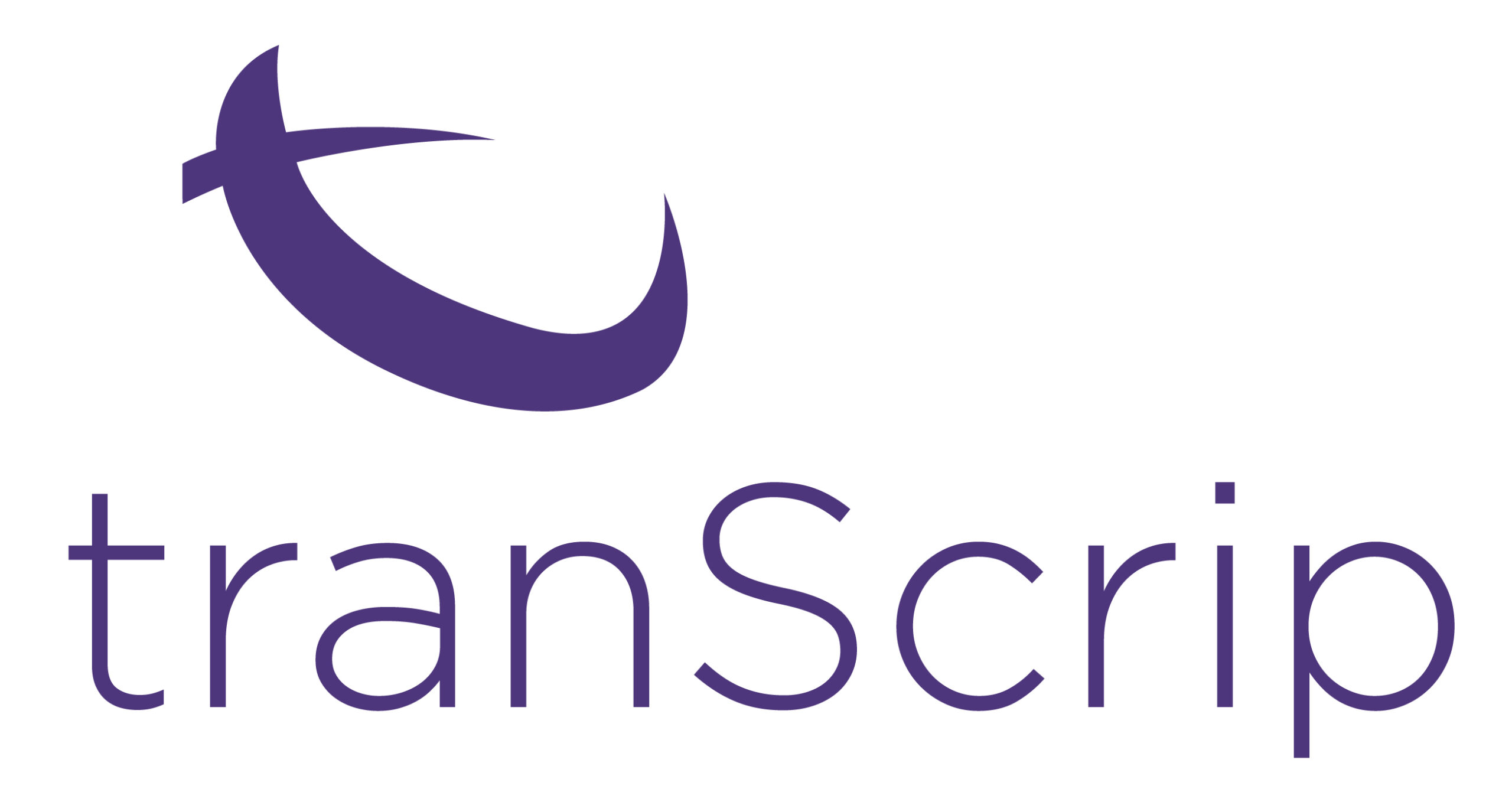
24 Mar 20
On 20th March 2020 the EMA issued Guidance on the Management of Clinical Trials during the COVID-19 (Coronavirus) pandemic which acknowledges the impact of COVID-19 on the health system and broader society, and the impact it may have on clinical trials and trial participants. Extraordinary measures may need to be implemented and trials adjusted due to e.g. trial participants being in self-isolation/quarantine, limited access to public places (including hospitals) due to the risk of spreading infections, and health care professionals being committed to critical tasks. Due to the urgency, this guidance was issued without public consultation. Sponsors should note that due to the rapidly evolving situation further updates to the guidance are likely. Key points are discussed below.
Sponsors and investigators need to take into account that there might be specific national legislation and guidance in place, which they should consult and which can be used to complement the guidance, or, with respect to particular matters may take priority over the EMA recommendations.
Various challenges exist which will result in restrictions of visits to healthcare facilities, increased demands on the health service and changes to trial staff availability. Participants may also be required to self-isolate, which introduces difficulties for Investigators to maintain their medical oversight. These challenges could have an impact on the conduct of trials, such as the completion of trial assessments, completion of trial visits and the provision of Investigational Medicinal Products (IMPs).
The impact of COVID-19 on ongoing trials, on opening a new trial site in an existing trial, ongoing recruitment and continued involvement of participants in the trial, or on starting of new trials needs to be considered. This evaluation should take into account national recommendations including travel restrictions and confinements of trial participants and trial staff and the availability of trial staff to perform visits, enter data in the Case Report Form (CRF), notify serious adverse events and, more generally, follow the protocol. The ability to confirm eligibility and to conduct key safety assessments and trial evaluation is of particular importance. Actions should be proportionate and based on benefit-risk considerations, on contingency provisions taken nationally and locally by the authorities with priority given to the impact on the health and safety of the trial participant. Where a trial participant is unable to attend the site, other measures, such as home nursing, if possible given social distancing needs, or contact via phone or telemedicine means, may be required to identify adverse events and ensure continuous medical care and oversight. However, the limitations and risks of such methods and the requirements for data protection should be considered and such alternative arrangements need to be adequately documented.
The guidance addresses initiating new trials and changes that could be made to ongoing trials including temporary halt of the trial and some or all sites, suspension or slowing down of recruitment, extending trial duration, delaying the start of a trial or activation of sites that are not yet recruiting. The guidance identifies the need for the PI to temporarily delegate some or all of his trial responsibilities to a sub-investigator. Any permanent changes in PI should be submitted to the National Competent Authority (NCA) and Ethics Committees as appropriate. The guidance emphasises that prospective protocol waivers remain unacceptable and that patients should not be included in trials without proper eligibility assessment, including performance of planned tests, and written informed consent according to national laws and regulations.
The safety of trial participant is of primary importance, and risks of involvement in the trial, in particular with added challenges due to COVID-19, should be weighed against anticipated benefit for the participant and society (ref: principle 2.2 of ICH GCP). All decisions to adjust clinical trial conduct should be based on a risk assessment by the sponsor (ICH GCP section 5.0). It is expected that the sponsor will perform a risk assessment of each ongoing trial and the investigator of each individual participant and together will implement measures which prioritise subject safety and data validity. In case these two conflict, subject safety always prevails. Risk assessments should be based on relevant parties’ input and should be documented on an ongoing basis. It is important that sponsors in their risk assessment consider prioritisation of critical tasks in the clinical trial and how these are best maintained which the sponsor should reassess as the situation develops. Such reassessment should also be documented.
The EMA acknowledge that the COVID-19 situation is likely to introduce more protocol deviations than normal. It is expected that the sponsor will escalate and manage such protocol deviations in accordance with their standard procedures. A proportionate approach will be taken by the GCP inspectors when such deviations are reviewed during inspections, in particular where the best interest of the participant is maintained, and the participant is not put at risk. An increase in protocol deviations in relation to the COVID-19 situation will in itself not trigger the actions required by GCP § 5.20. They will however need to be assessed and reported in the clinical study report, following ICH E3.
Our physicians, scientists and service experts can help to maximise the value of your products. Whatever your project requires, we have the people to meet your needs.